I currently have an 80-gallon electric tank about 10yrs old that will soon need replacing due to very hard water. I failed to ever flush and have since learned my lesson. So I'm on the hunt for my next water heater.
-The tank is located in a storage closet in the center of the basement under steps, next to my main level heat pump.
-I have a 5bd 5 bathroom house with a wife and 2 daughters who take ridiculously long showers.
In speaking to my local plumber he recommended 2 options.
Option 1. 50 gallon with (mixer). The upfront cost will be around 500-600, but I have to imagine running the tank continuously at 140 degrees will result in a noticeable increase in monthly energy bills?
Option 2. 80 gallon hybrid. Somewhere around 1200-1300 upfront costs. While he states there is no concern about running in a cool basement, I'm not sure what i'll really gain from doing so. Furthermore, should I be concerned that the tank will be sitting next to my heat pump?
I figured I would get more valuable opinions here. Any advice is greatly appreciated.
Thank you.
-The tank is located in a storage closet in the center of the basement under steps, next to my main level heat pump.
-I have a 5bd 5 bathroom house with a wife and 2 daughters who take ridiculously long showers.
In speaking to my local plumber he recommended 2 options.
Option 1. 50 gallon with (mixer). The upfront cost will be around 500-600, but I have to imagine running the tank continuously at 140 degrees will result in a noticeable increase in monthly energy bills?
Option 2. 80 gallon hybrid. Somewhere around 1200-1300 upfront costs. While he states there is no concern about running in a cool basement, I'm not sure what i'll really gain from doing so. Furthermore, should I be concerned that the tank will be sitting next to my heat pump?
I figured I would get more valuable opinions here. Any advice is greatly appreciated.
Thank you.







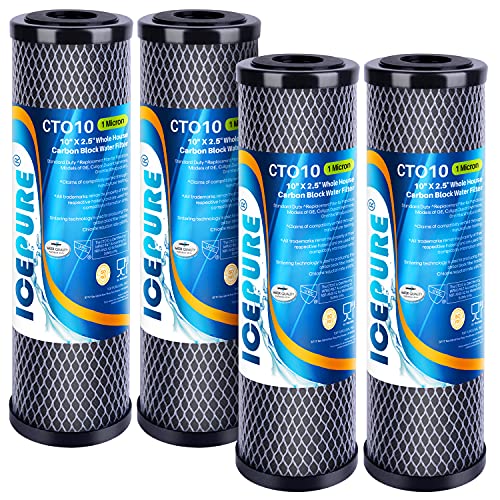




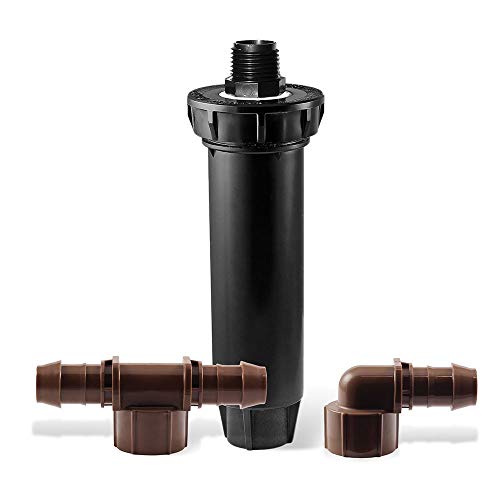








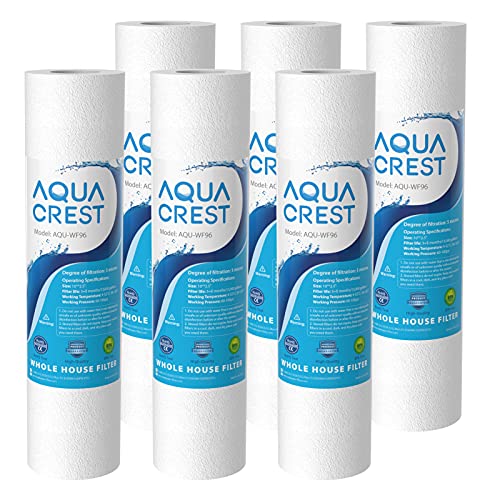







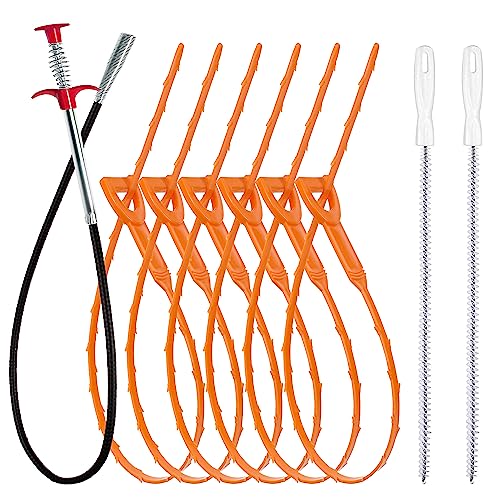





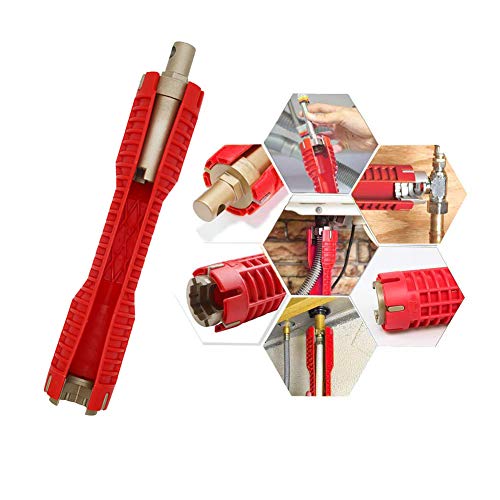





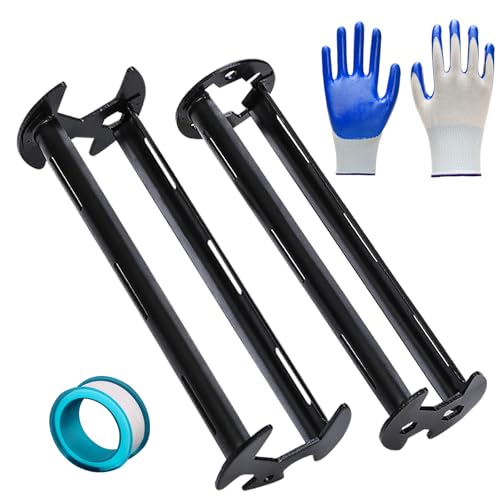










![MEISTERFAKTUR drain snake 2.0 [50 FT] - with drill attachment - Ideal plumbing snake for sink and drain unblocking - Solid drain auger for real DYIs! (50 FT - 1/4 inch)](https://m.media-amazon.com/images/I/41VwmTiOsgL._SL500_.jpg)



